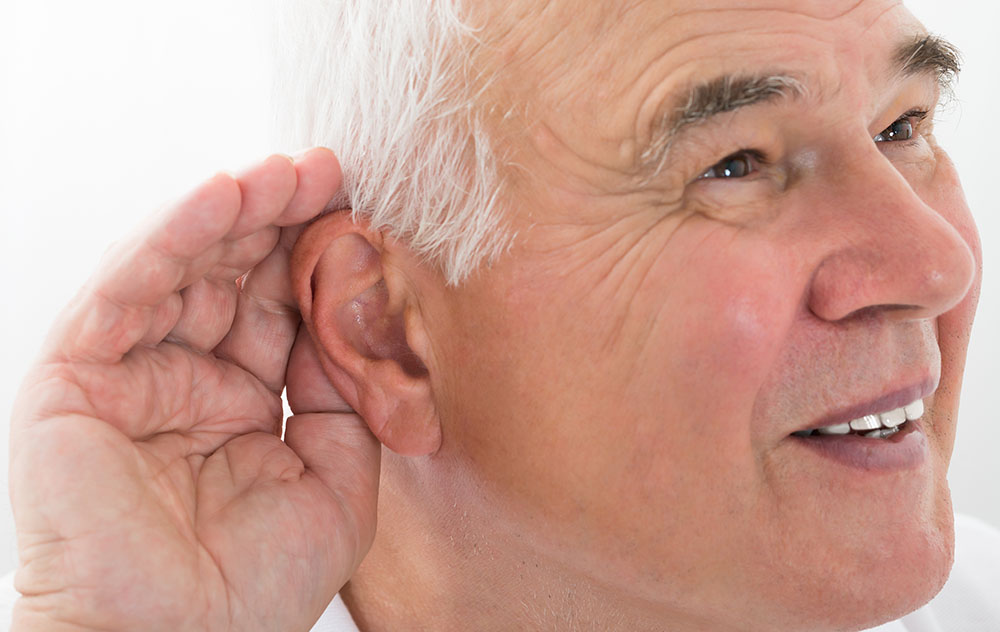Why Pretending to Hear Doesn’t Help
When we start naturally losing our sense of hearing over the course of our
On parle Francais, Nosotros hablamos Español, 우리는 한국어를 해요


When we start naturally losing our sense of hearing over the course of our

Besides aging, loud noises are the biggest threat to your hearing. Data

Pure tone audiometry is still the most widely used hearing test, despite